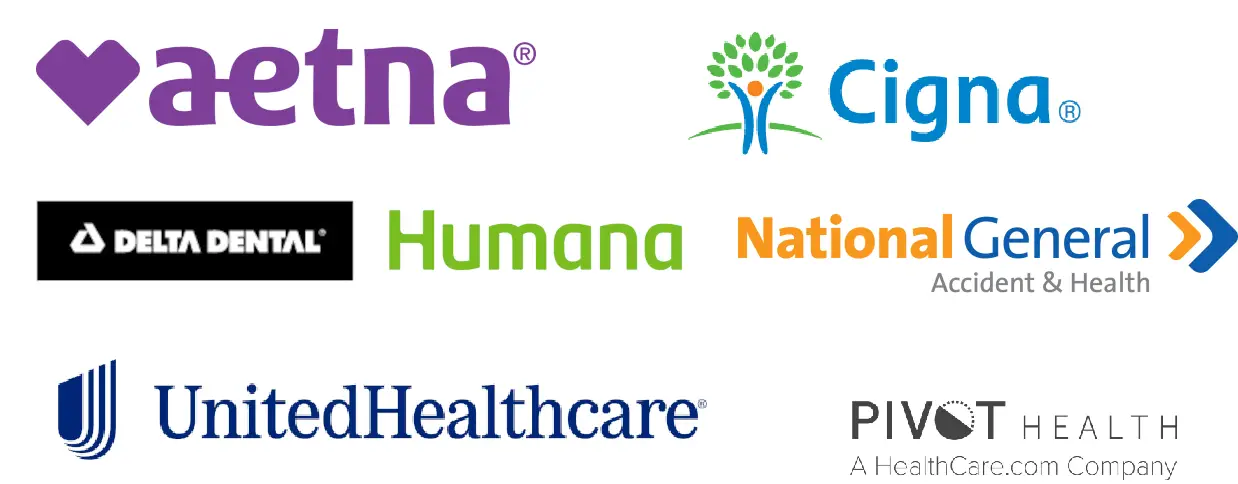In the complex world of healthcare coverage, short-term health insurance has emerged as a flexible alternative for many individuals facing temporary gaps in their medical coverage. This blog post will dive deep into the nuanced landscape of short-term health insurance, helping you understand its potential benefits and significant limitations.
What is Short-Term Health Insurance?
Short-term health insurance, sometimes called temporary health insurance, is a type of medical coverage designed to provide protection for a limited period—typically ranging from 30 days to 12 months. Unlike traditional health insurance plans, these policies are meant to bridge gaps in coverage during transitional life moments.
Pros of Short-Term Health Insurance
- Affordability Short-term health plans are typically much less expensive than traditional comprehensive health insurance. For individuals experiencing financial constraints or between jobs, these plans offer a budget-friendly way to maintain some level of medical protection. Monthly premiums can be significantly lower, sometimes costing less than half of a standard health insurance plan.
- Quick Coverage and Flexibility One of the most attractive features of short-term health insurance is its rapid enrollment process. While traditional health insurance often requires lengthy applications and waiting periods, short-term plans can provide coverage in as little as 24 hours. This makes them an excellent option for people who need immediate medical protection during life transitions like job changes, waiting for employer benefits, or transitioning between life stages.
- Customizable Coverage Periods These plans allow you to choose coverage lengths that precisely match your needs. Whether you need protection for 30 days or up to 12 months, you can select a plan that fits your specific circumstances. This flexibility is particularly valuable for people in temporary situations like seasonal workers, recent graduates, or those waiting for permanent insurance.
Cons of Short-Term Health Insurance
- Limited Coverage Perhaps the most significant drawback of short-term health insurance is its restricted coverage. These plans typically do not cover pre-existing conditions and often exclude essential health benefits mandated by the Affordable Care Act (ACA). This means critical services like preventive care, mental health treatment, prescription drugs, and maternity care might not be included.
- High Out-of-Pocket Costs While monthly premiums are low, short-term plans often come with substantial deductibles and limited coverage caps. If you require extensive medical treatment, you could find yourself facing significant out-of-pocket expenses. Some plans might cap their total payouts at relatively low amounts, leaving you financially vulnerable in case of serious medical emergencies.
- Lack of Comprehensive Protection Short-term health insurance plans are not required to follow ACA guidelines. This means they can deny coverage based on pre-existing conditions, impose annual or lifetime benefit limits, and exclude coverage for essential health services. Individuals with ongoing health needs or those requiring specialized treatments might find these plans inadequate.
- No Guaranteed Renewal Unlike traditional health insurance, short-term plans do not guarantee renewal. At the end of your selected coverage period, you might need to reapply and could be denied based on new health conditions that emerged during your previous coverage period.
When Might Short-Term Health Insurance Make Sense?
Short-term health insurance can be appropriate in specific scenarios:
- Between jobs and awaiting new employer-sponsored coverage
- Recent graduates transitioning to independent life
- Waiting for Medicare eligibility
- Temporary residents or those with unpredictable schedules
- Individuals seeking basic emergency medical protection
Important Considerations Before Choosing
Before selecting a short-term health insurance plan, carefully evaluate:
- Your current health status
- Potential medical needs
- Financial capacity to handle unexpected medical expenses
- Duration of your coverage gap
Conclusion
Short-term health insurance offers a unique solution for temporary coverage needs, but it’s not a one-size-fits-all approach. By understanding its pros and cons, you can make an informed decision that protects your health and financial well-being during transitional periods.
At UIB Agency, we recognize that navigating the short-term health insurance landscape can feel overwhelming. Our team of licensed and certified insurance agents is dedicated to simplifying this complex process for you. We understand that each individual’s healthcare needs are unique, and our experts are committed to guiding you through every step of selecting the right short-term health insurance plan.
Our knowledgeable agents can help you:
- Assess your specific coverage needs
- Compare different short-term health insurance options
- Explain the nuanced details of each plan
- Answer your questions in clear, understandable language
- Provide personalized recommendations based on your individual circumstances
Don’t let the complexity of health insurance intimidate you. Our professional team is here to make the process straightforward, transparent, and tailored to your needs.
Recommendation: Contact a UIB Agency licensed insurance agent today for a free consultation. We’ll help you find the perfect short-term health insurance solution that provides peace of mind and comprehensive protection.
